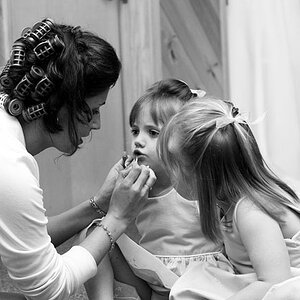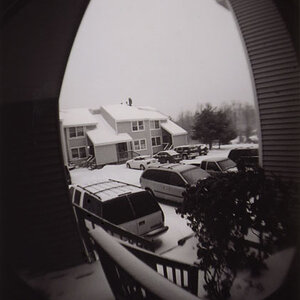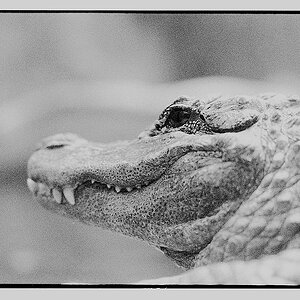SuzukiGS750EZ
No longer a newbie, moving up!
- Joined
- Oct 5, 2016
- Messages
- 728
- Reaction score
- 145
- Location
- Connecticut
- Can others edit my Photos
- Photos OK to edit
What are we taking about as far as weather intrusion on the 60, 70, 80 D line of cameras? I just bought the 80d and I see is has weather and dust resistance. Also, how resistant are lenses to water, say a lower priced unit?


![[No title]](/data/xfmg/thumbnail/32/32926-ec27ecead8c80d803404500d8f888dbf.jpg?1619735754)
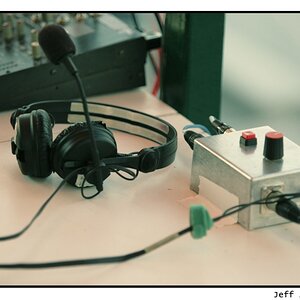
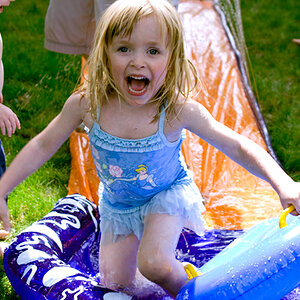
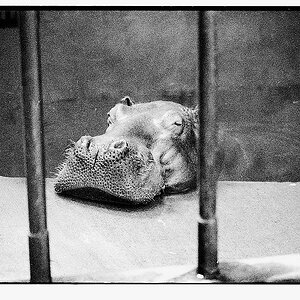
![[No title]](/data/xfmg/thumbnail/36/36300-760519cb9a8ebbfc57cc3d1fda5dd37c.jpg?1619737494)
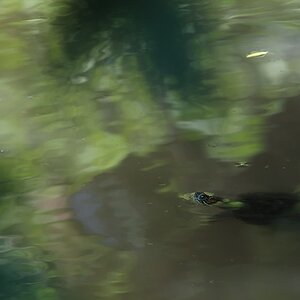
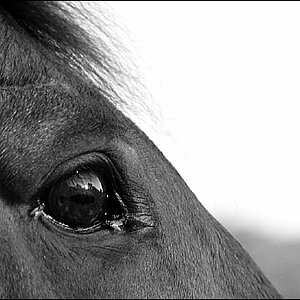

![[No title]](/data/xfmg/thumbnail/42/42460-80970c44cc9fb42dd0c86d08e7bc401d.jpg?1619740191)
